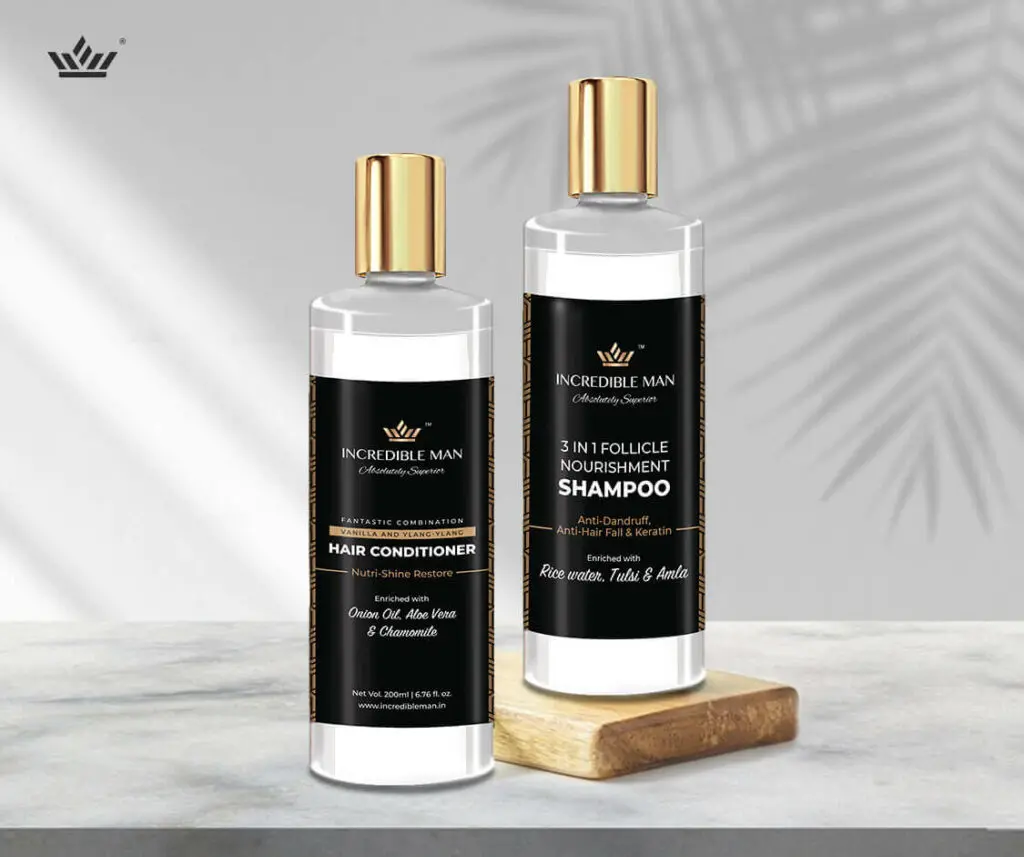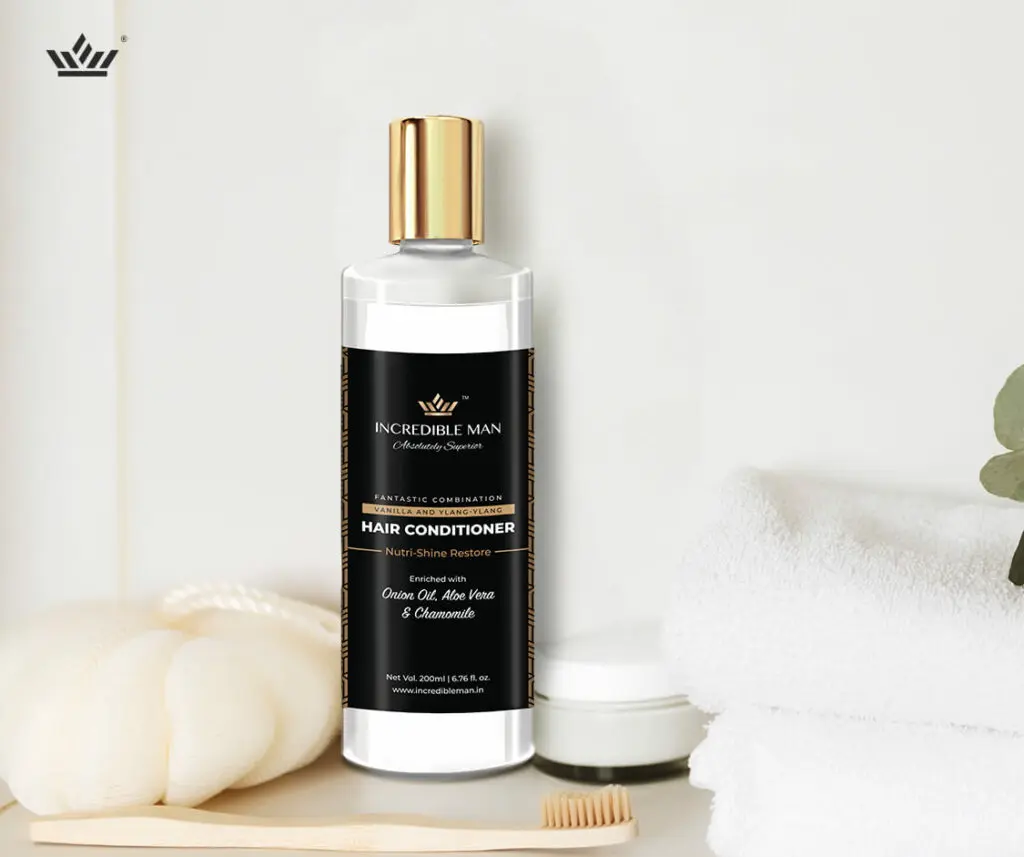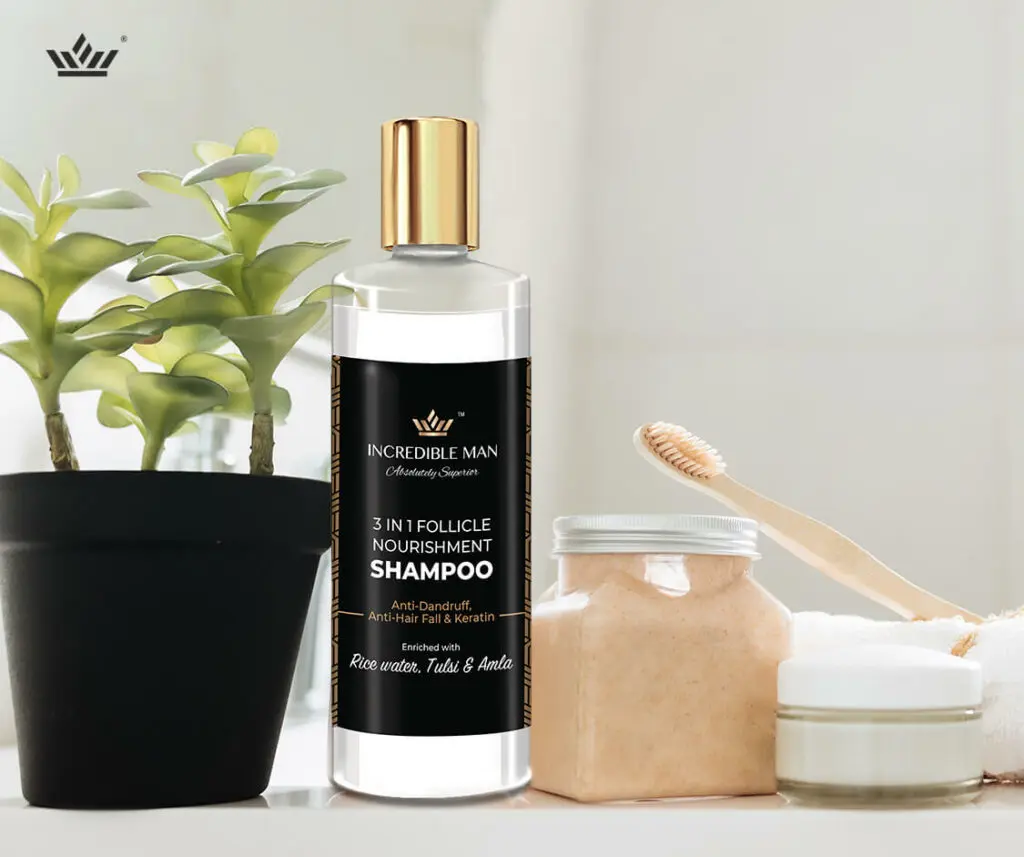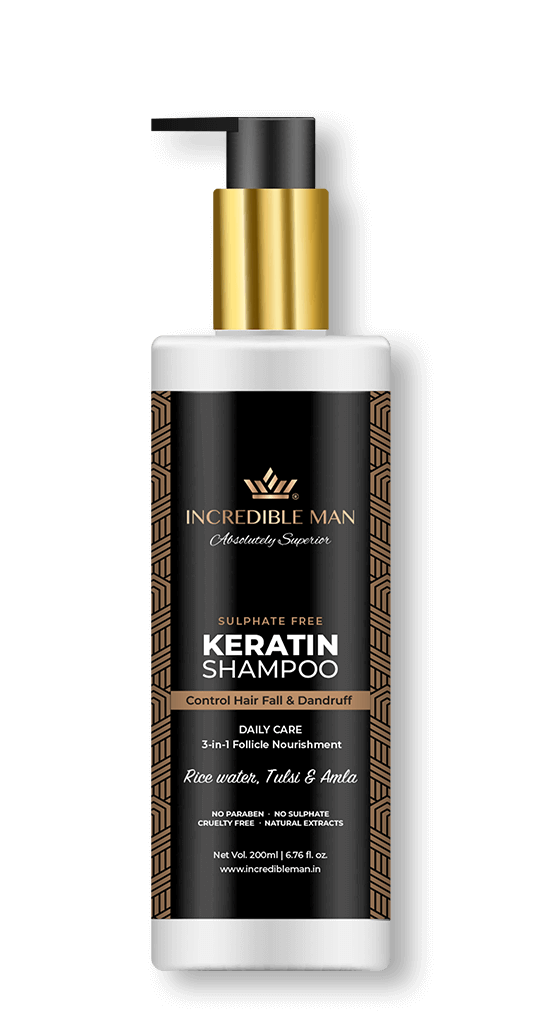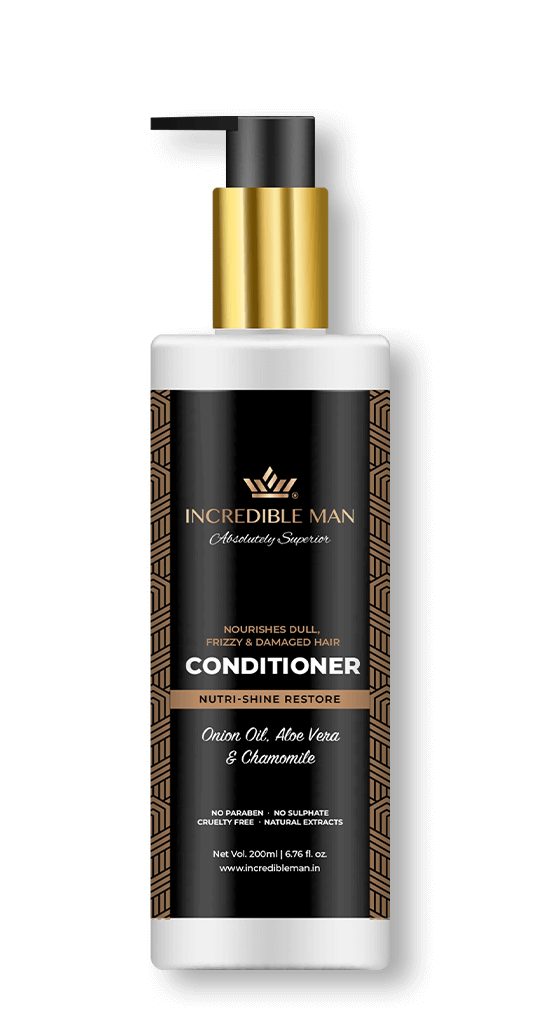Having hair problems can be extremely frustrating, especially if you’ve tried all the usual treatments but nothing seems to be working. Fortunately, there are some simple steps you can take to help solve your hair problems. Here are some tips:
- Identify the cause of your hair problem: Before you can solve your hair problem, you need to identify the cause. Common causes include excessive styling, heat damage, hormonal imbalances, and scalp irritation. You should speak to your doctor or a dermatologist if you’re unable to identify the cause of your hair problem.
- Use the right products: Invest in good quality hair products that are specifically formulated to address your hair type and needs. Avoid products with harsh chemicals and stick to natural, organic ingredients instead.
- Avoid excessive styling: Too much styling can damage your hair and cause problems such as split ends, dryness, and breakage. Try to limit your styling to once a week or less.
- Eat a nutritious diet: Eating a balanced diet rich in fruits, vegetables, and proteins will help nourish and maintain the health of your hair. To keep hydrated, you should also drink lots of water.
- Use heat protectant: When using heat-styling tools, make sure you use a heat protectant spray to protect your hair from damage.
- Get regular trims: Trimming your hair regularly can help keep it healthy and prevent split ends.
- Use gentle brushing: Brushing your hair too hard can cause breakage and damage. Always use a wide-toothed comb and brush your hair gently to avoid pulling and tugging.
How to Reduce Hair Fall?
Genetics, stress, hormones, diet, and way of life choices can all contribute to the common issue of hair loss. In many cases, it is possible to reduce hair loss if the underlying cause is addressed. Following are some ideas for halting hair loss:
- Avoid using harsh hair care products. Many shampoos, conditioners, and styling products contain harsh chemicals that can damage the hair and lead to hair fall. Look for products that are designed for sensitive skin and hair and avoid using products with sulfates, parabens, and other harsh chemicals.
- Keep your scalp clean. Dirt, oil, and other debris can build up on the scalp and clog hair follicles, leading to hair fall. Make sure to wash your hair regularly and use a gentle shampoo to remove buildup.
- Consume vitamins. Certain vitamins and minerals are required for proper hair development. Include a multivitamin in your regular regimen, and think about adding supplements like biotin and zinc to boost hair development.
- Reduce stress. Stress can lead to a variety of issues, including hair loss. Make sure to get enough sleep, exercise regularly, and practice stress-reducing activities like yoga or meditation.
- Eat a balanced diet. Eating a balanced diet with plenty of fruits, vegetables, and proteins can help promote healthy hair growth. Choose foods that are rich in vitamins and minerals like iron, zinc, and biotin.
- Make use of natural oils. Coconut, jojoba, and olive oils are natural oils that can nourish the scalp and encourage healthy hair development. Before washing, massage the oil into your scalp for 10 minutes.
- Avoid tight hairstyles. Hairstyles that pull on the hair, such as tight braids or ponytails, can cause hair breakage and lead to hair loss. When styling your hair, make sure to use gentle techniques and avoid tight hairstyles.
You can decrease hair loss and encourage healthy hair growth by following these guidelines.
Quick Tip:
Also, learn more about 14 Reasons Why Your Natural Hair Is Not Growing
How Can I Repair My Damaged Hair Naturally?
- If you’re looking for an all-natural way to repair your damaged hair, look no further. Damaged hair can be caused by a variety of things, from over-processing with hair dyes and heat styling to environmental damage, so it’s important to know the root cause of the damage in order to select the right treatments. Fortunately, there are a number of natural remedies you can use to restore your hair’s strength and shine.
- Use a mild shampoo and conditioner as your first line of defense in restoring your damaged hair. Aloe vera, coconut oil, and argan oil are a few examples of natural components to look for in hair care products since they will nourish and protect your hair. Apply a deep conditioning treatment once a week after shampooing and conditioning. Use coconut oil, honey, and egg yolk to create your own at-home deep conditioning treatment. After applying the mixture to your hair and scalp, wait 15 to 20 minutes before rinsing it out with warm water.
- If you’re dealing with split ends, you may want to consider getting a trim or using a hot oil treatment. A hot oil treatment is an excellent way to nourish and repair your hair. Simply heat a small amount of your favorite oil, such as coconut or olive oil, and apply it to your hair from root to tip. Massage it in for a few minutes, wrap your hair in a warm towel, and leave it on for 15-20 minutes before shampooing out.
- Another great way to repair your hair is to use natural masks and treatments. There are a variety of masks you can make at home using ingredients such as avocado, banana, yogurt, and honey. These ingredients contain vitamins and minerals that can help repair and nourish damaged hair. Simply mix the ingredients together, apply the mask to your hair and scalp, and leave it on for 15-20 minutes before rinsing out.
- Finally, remember to take a vacation from heat styling your hair. Try to restrict the use of hot tools as much as you can because they might harm your hair significantly. Always use a heat-protectant product while styling with heat to reduce damage.
- By following these tips, you can help to restore your hair’s strength and shine naturally. With a little bit of time and effort, you can have healthy, damage-free hair again.
Which Food is Good for Hair?
- Foods rich in biotin, proteins, iron, and zinc are essential for healthy hair growth. Biotin helps your body produce fatty acids, which are important for healthy hair. Protein is the building block of hair, and iron helps ensure that your hair gets enough oxygen. Zinc helps keep your hair follicles healthy and functioning.
- Foods high in biotin include nuts, eggs, whole grains, bananas, salmon, and avocados. Protein-rich foods include fish, chicken, beans, lentils, and nuts. Iron is found in leafy green vegetables, red meat, and eggs. Zinc-rich foods include oysters, beef, spinach, pumpkin seeds, and legumes.
- Other foods that are great for hair health include fatty fish like salmon and sardines, which are high in omega-3 fatty acids. Omega-3s can help reduce inflammation in the scalp and promote healthy hair growth. Eating plenty of fruits and vegetables is also beneficial for hair health since they are packed with vitamins and minerals.
- In addition to eating a balanced diet, drinking plenty of water is essential for healthy hair. Water helps keep your scalp hydrated and can help prevent hair loss. Finally, be sure to get enough sleep. Sleep helps your body produce hormones that can help promote healthy hair growth.
How Can I Grow New Hair?
Hair loss is an unfortunate part of life, and while it can sometimes be avoided, it can also be difficult to prevent. Fortunately, there are some steps you can take to help encourage new hair growth and reduce the appearance of thinning hair.
- Improve your diet. Eating a balanced diet that is rich in protein, healthy fats, and vitamins can help promote healthy hair growth. Foods like fish, nuts, and leafy greens are all great sources of these nutrients. Additionally, avoiding processed foods, sugar, and alcohol can help reduce the amount of toxins in your body, which can have a negative effect on healthy hair growth.
- Use essential oils. Essential oils such as rosemary, lavender, and peppermint have been found to stimulate hair growth and reduce hair loss. Massage these oils into your scalp for 10 minutes a day to increase blood flow and improve hair health.
- Take a supplement. Certain vitamins and minerals can help encourage hair growth, such as biotin, zinc, and iron. Taking a daily supplement can help provide your body with the necessary nutrients to promote healthy hair growth.
- Use a scalp massager. Scalp massagers can help increase blood flow to your scalp, which can help stimulate hair growth. These massagers can be found online or in beauty supply stores.
- Try natural remedies. Natural remedies such as castor oil, coconut oil, and aloe vera can help stimulate hair growth and reduce hair loss. Massage these oils into your scalp for 10 minutes a day and leave it overnight for best results.
These steps can help you grow new hair and reduce the appearance of thinning hair. However, if you are concerned about your hair loss, it is important to speak to a medical professional to discuss the best course of action.
Conclusion
Taking these steps can help you solve your hair problemsand get back to having healthy, beautiful hair.
Yes, you can fix damaged hair. There are a variety of things you can do to help improve the health and appearance of your hair. The best thing you can do is to avoid heat-styling tools and chemical treatments, as these can cause further damage. You can also try using a deep conditioner, avoiding tight hairstyles, using a humidifier, and limiting your shampooing and brushing.
Yes, coconut oil is a great choice for hair care. It is rich in fatty acids and antioxidants, which help to nourish and protect your hair from damage. Coconut oil is also a natural moisturizer, helping to keep your hair and scalp hydrated.
Yes, damaged hair can grow back. However, it may take longer than normal to grow and may appear thinner and weaker than before. It is important to take care of your hair by using products specifically designed for damaged hair, avoiding heat styling tools, and limiting chemical treatments.
No, you should not cut your dead hair. Dead hair can be trimmed to help reduce split ends and improve the overall look of your hair, but it should not be cut off completely.
There are many possible causes of weak hair, such as genetics, exposure to harsh chemicals, heat styling, certain medical conditions, and nutritional deficiencies. It’s important to identify the underlying cause of your weak hair in order to determine the best way to strengthen it.
